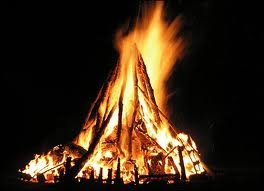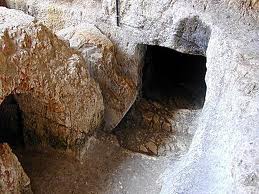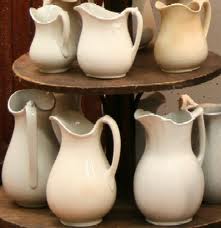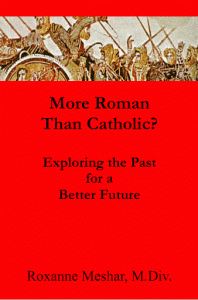 The most amazing invitation you can imagine has been offered to each of us.
The most amazing invitation you can imagine has been offered to each of us.
Transformative healing or wholeness – salvation. This is God’s promise. This is the religious end of Christianity. Its goal or promise is salvation.
What does “salvation” mean? It comes from the same root word as the Latin word salve meaning “to heal” or “to make whole.” Think about a salve you might put on your skin to heal it.
Is salvation heaven? If “heaven” is understood as a place far away, up in the clouds or in another universe elsewhere – then no, salvation is NOT heaven. In the gospels, Jesus’ resurrection breaks into this world. His disciples do not get whisked off to some other universe to encounter him. It is this world that God promises to heal and make right.
Read C. S. Lewis’ The Great Divorce if you think heaven is another place where all our materialistic desires are met. The characters in this story begin their journey in “Grey Town” where they can have anything and everything they desire – and it is most assuredly NOT heaven.
The story of salvation in Judeo-Christian history recounted in the bible is a story of freedom, liberation and healing, as in the story of Exodus, the stories of the exile and return from Babylon and the stories of healing and wholeness Jesus brings.
Likewise the meaning of “resurrection” in the Old Testament refers to the understanding that God will “set things right” in the world. Resurrect meaning “to stand up” to “stand with” and “to stand for.” In resurrection we will be able to stand up, in right relationship with God, for each other and with the world.
Salvation and resurrection. Both speak of a process that begins now, in this lifetime and continues beyond our death. It requires our acceptance or consent. God/reality will not coerce us.
Salvation and resurrection. Healing and wholeness. Surrender to the process is all that is required.
Your invitation beckons. Will you accept?
You may also like What is Your Story?, Happiness is a Choice, and Estrangement – The High Cost of Leaving or Living?




